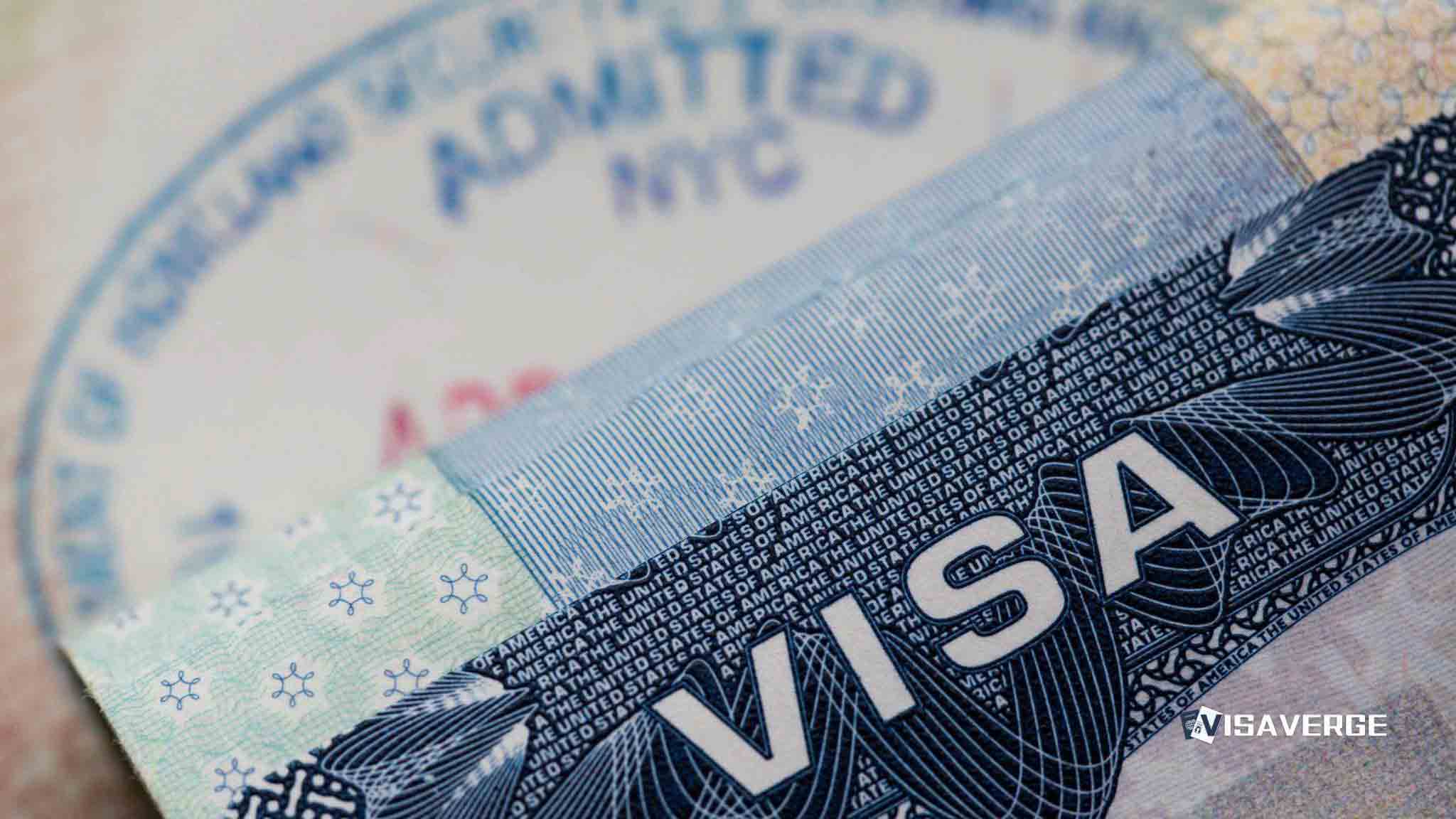(AUSTIN, TEXAS) An Indian student on a U.S. visa has been sentenced to 97 months in federal prison in Austin for his role in a multi‑million dollar fraud scheme that targeted elderly Americans through a phishing attack operation, prosecutors said, in a case that officials say shows how overseas networks are using students in the United States as on‑the‑ground collectors.
The student, identified as Dhruv Rajeshbhai Mangukiya, was also ordered to pay $2,515,780 in restitution after pleading guilty to conspiracy to commit fraud, according to court documents described in the case summary. Investigators said Mangukiya took part in an elaborate plan that impersonated U.S. government officials, frightened victims with false threats, and then collected large sums of cash from them while he was in the country on a student visa.

How the scheme worked
Authorities said the phishing attack scheme focused on older Americans, who were pressured into handing over savings after being told they faced arrest, loss of benefits, or other fake legal problems if they did not pay immediately.
- Callers impersonated U.S. government workers and created a sense of urgency and fear.
- Victims were told their Social Security numbers were compromised, that they faced criminal charges, or that their bank accounts would be frozen.
- Under pressure, many victims made repeated payments—with some losing retirement funds built over decades.
“Victims believed they were talking to real officials from federal agencies and followed instructions to withdraw or transfer money.”
Role of students and international networks
According to analysis by VisaVerge.com, the case shows how immigration status can be misused when people on temporary visas become part of criminal networks. While most international students follow the law, prosecutors said this case involved a student who used his presence in the United States 🇺🇸 to help move millions of dollars taken from some of the country’s most vulnerable residents, then send the funds through international channels.
Investigators said the operation typically involved:
– Call centers abroad that initiated the scam.
– Callers abroad transferring victims to accomplices in the U.S. who collected cash or directed wire transfers.
– Money moved through bank accounts and other channels to conceal the source—an international money laundering network.
Related prosecution and connected case
The investigation linked Mangukiya’s activity to another Indian national, also a student.
- Kishan Rajeshkumar Patel was sentenced to 63 months in prison for his role in a phishing and money laundering conspiracy.
- That scheme defrauded at least 25 elderly victims of nearly $2.7 million.
- Patel was arrested in Granite Shoals, Texas, in August 2024 as he tried to collect $130,000 in cash from victims.
These two cases reveal a pattern of Indian nationals on student visas participating in highly organized fraud targeting older Americans.
Sentences, restitution, and legal consequences
Court actions and outcomes:
– Dhruv Rajeshbhai Mangukiya: 97 months in federal prison; $2,515,780 restitution.
– Kishan Rajeshkumar Patel: 63 months in prison; part of a scheme defrauding victims of nearly $2.7 million.
Legal experts note:
– Restitution orders are intended to give victims a chance to recover losses.
– In practice, many elderly victims do not recover the full amount, especially when schemes include overseas participants beyond U.S. court reach.
Restitution is money that a court requires an offender to pay directly to victims for their financial harm.
Impact on victims
For elderly Americans, the consequences go beyond financial loss:
– Many feel deep shame and hide the abuse from family.
– Some become fearful of all phone calls and emails, even legitimate ones.
– For some victims, the scam wiped out retirement savings built over decades.
Advocates emphasize education and family conversations to help seniors recognize and avoid scams involving fake officials demanding payment under threat.
Warnings and prevention tips
Officials urge immediate actions when encountering suspicious calls:
– Hang up on unexpected calls demanding money, especially those claiming to be from a government office.
– Refuse requests for cash, wire transfers, or gift cards as payment.
– Report suspected scams to law enforcement so patterns can be tracked and cases can reach federal court.
More information on federal efforts to combat scams against older adults is available on the U.S. Department of Justice website.
Broader consequences for students and families
The cases raise tough questions for families who send children abroad to study:
– Student visas are meant for education and skill-building, not crime.
– Participation in phishing attacks can lead to years in prison, deportation, and a permanent bar from returning to the United States 🇺🇸.
– Families may face shame and financial stress at home.
Consumer advocates warn fraud rings increasingly target people with legal status in the U.S. to collect money or open accounts. Some students may be pressured or tempted by offers of quick cash without recognizing they are joining a criminal conspiracy.
Prosecutors’ stance and likely future enforcement
For prosecutors and investigators, the long sentences were described as an important message: student visa status does not shield individuals from criminal charges or lengthy prison terms.
- Officials from the U.S. Department of Justice and the FBI said they will continue to pursue cases that target older Americans.
- Prosecutors expect more cases as agencies review suspicious payment reports and cooperate with foreign partners to track call centers and ringleaders abroad.
The long sentences handed down to Mangukiya and Patel stand as a warning to anyone tempted to turn a student visa into a tool for crime.
Frequently Asked Questions
This Article in a Nutshell
Dhruv Rajeshbhai Mangukiya, an Indian student, was sentenced to 97 months and ordered to pay $2,515,780 after pleading guilty to a phishing and money-laundering conspiracy that targeted elderly Americans. The scheme used callers impersonating U.S. officials to frighten victims into repeated payments. Investigators say international call centers recruited students in the U.S. as on-the-ground collectors. A related case involved Kishan Patel, sentenced to 63 months. Officials stress prosecutions will continue and urge seniors to report suspicious calls.













